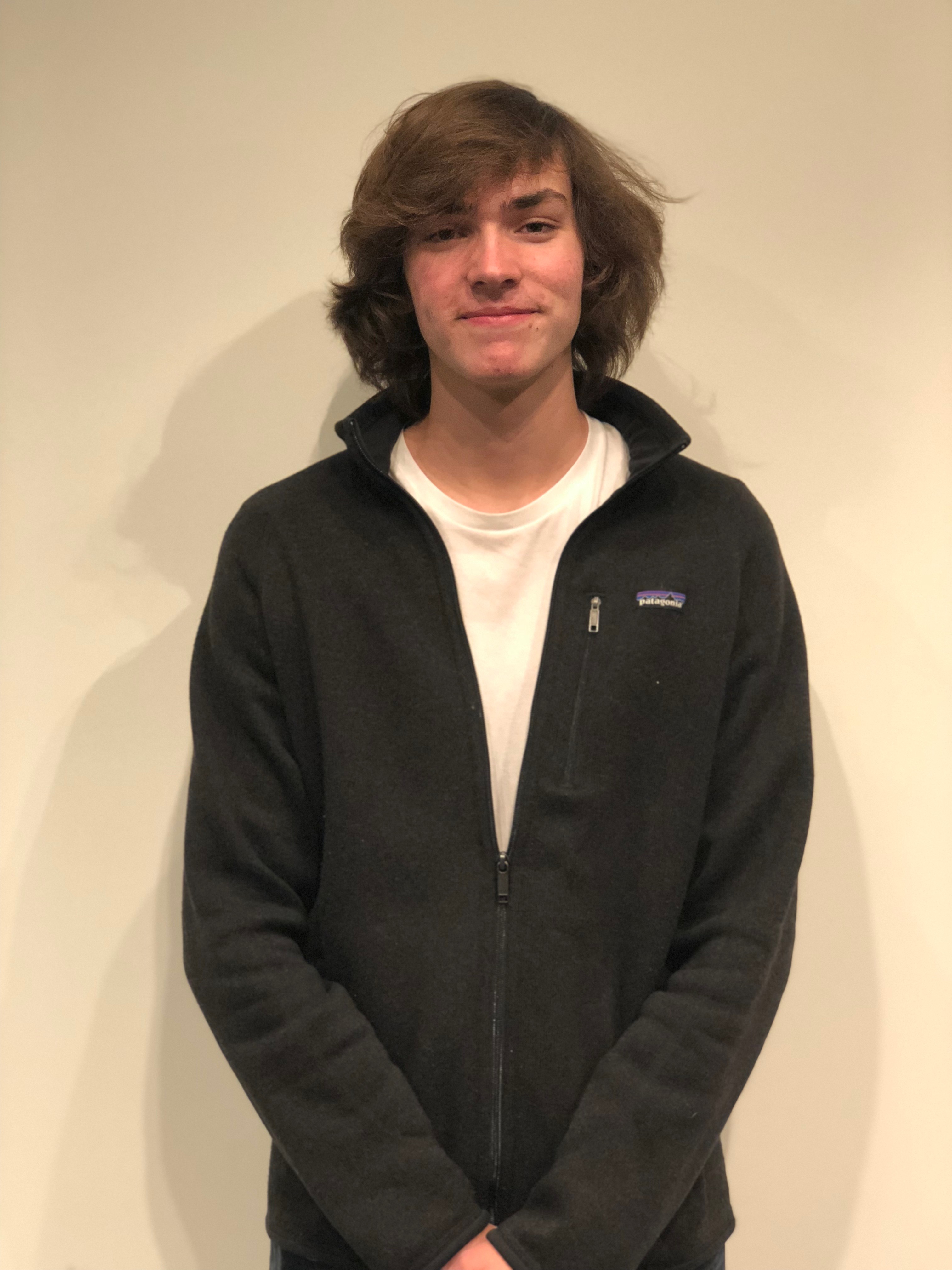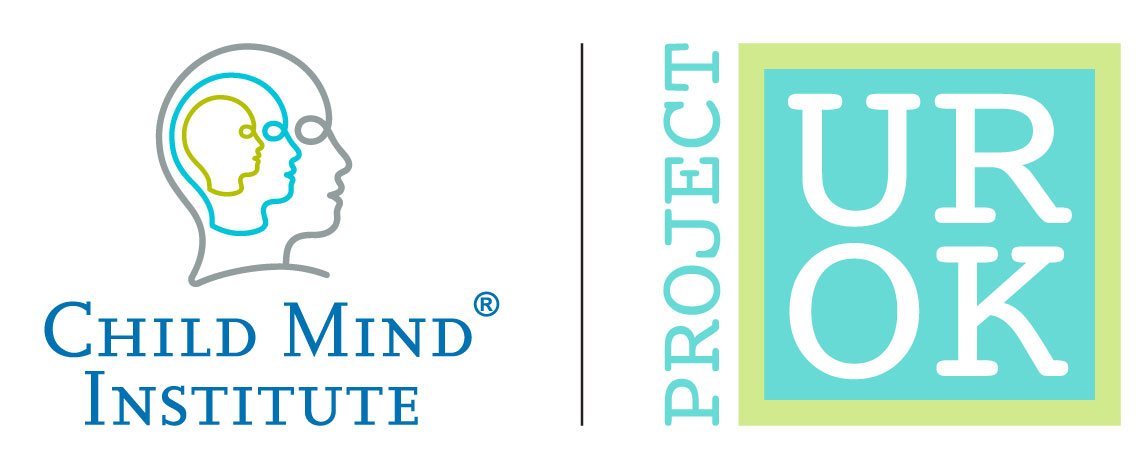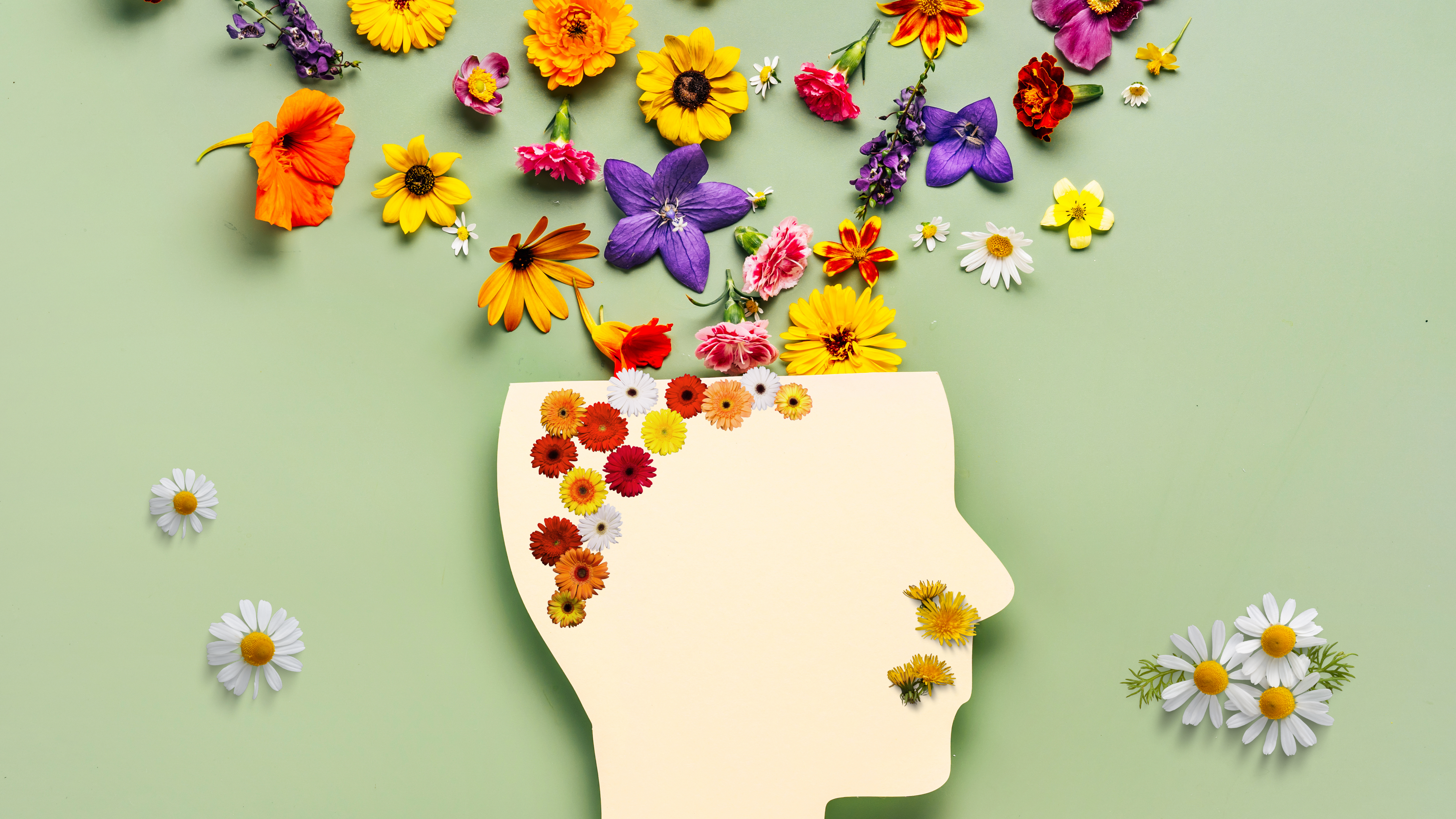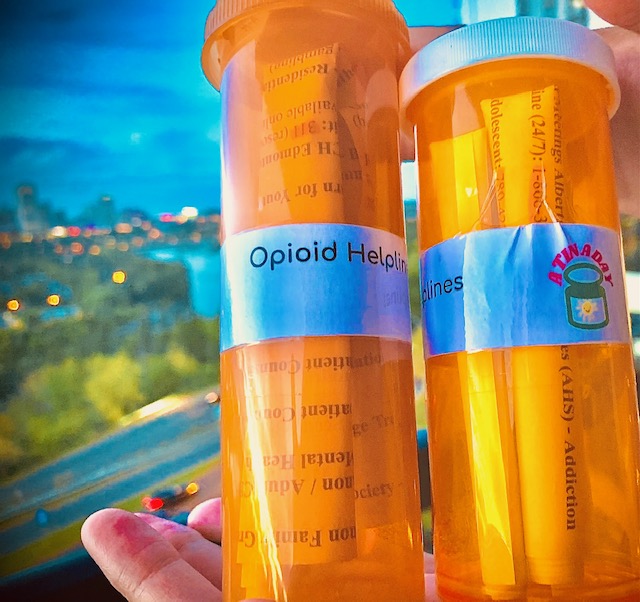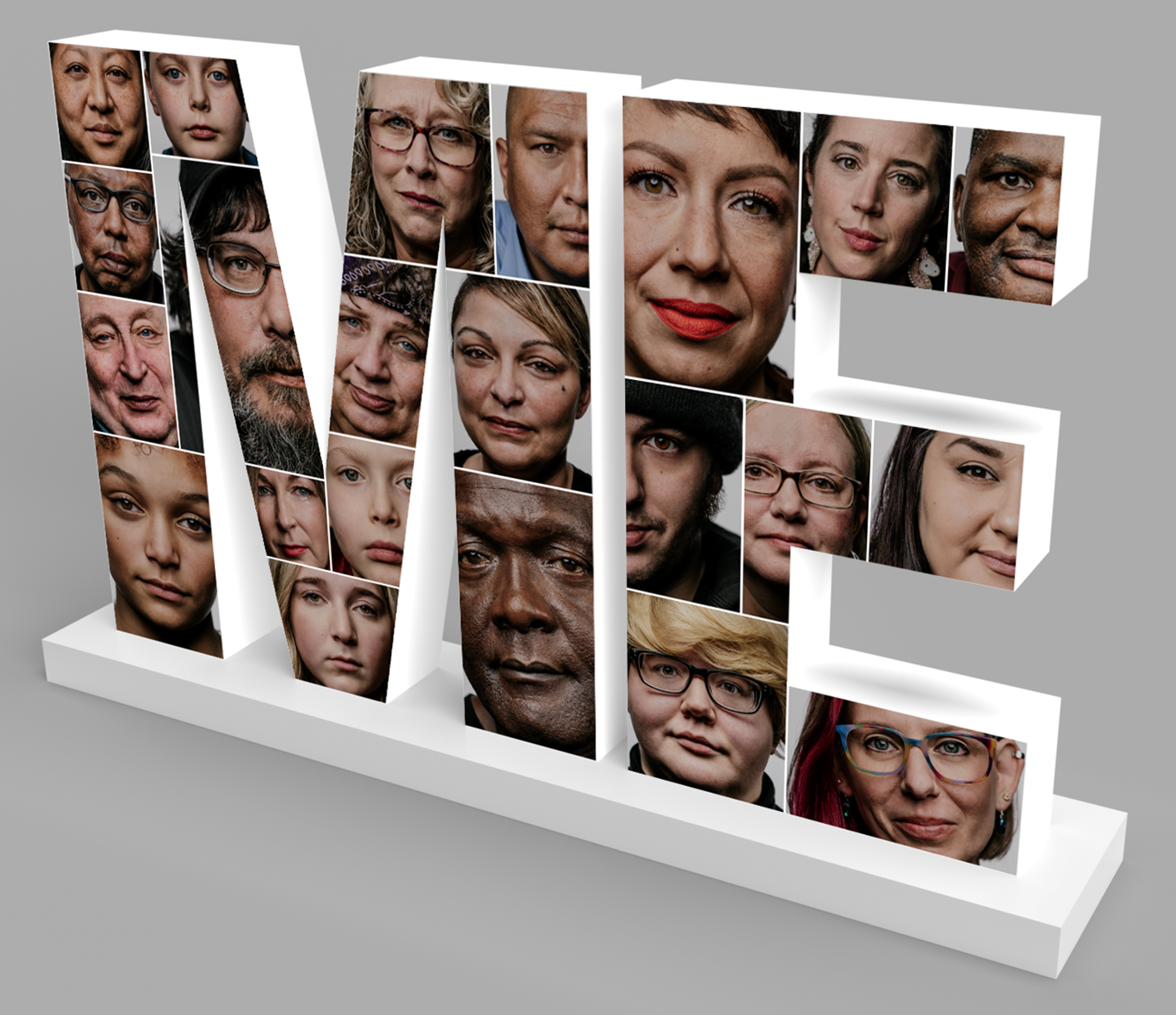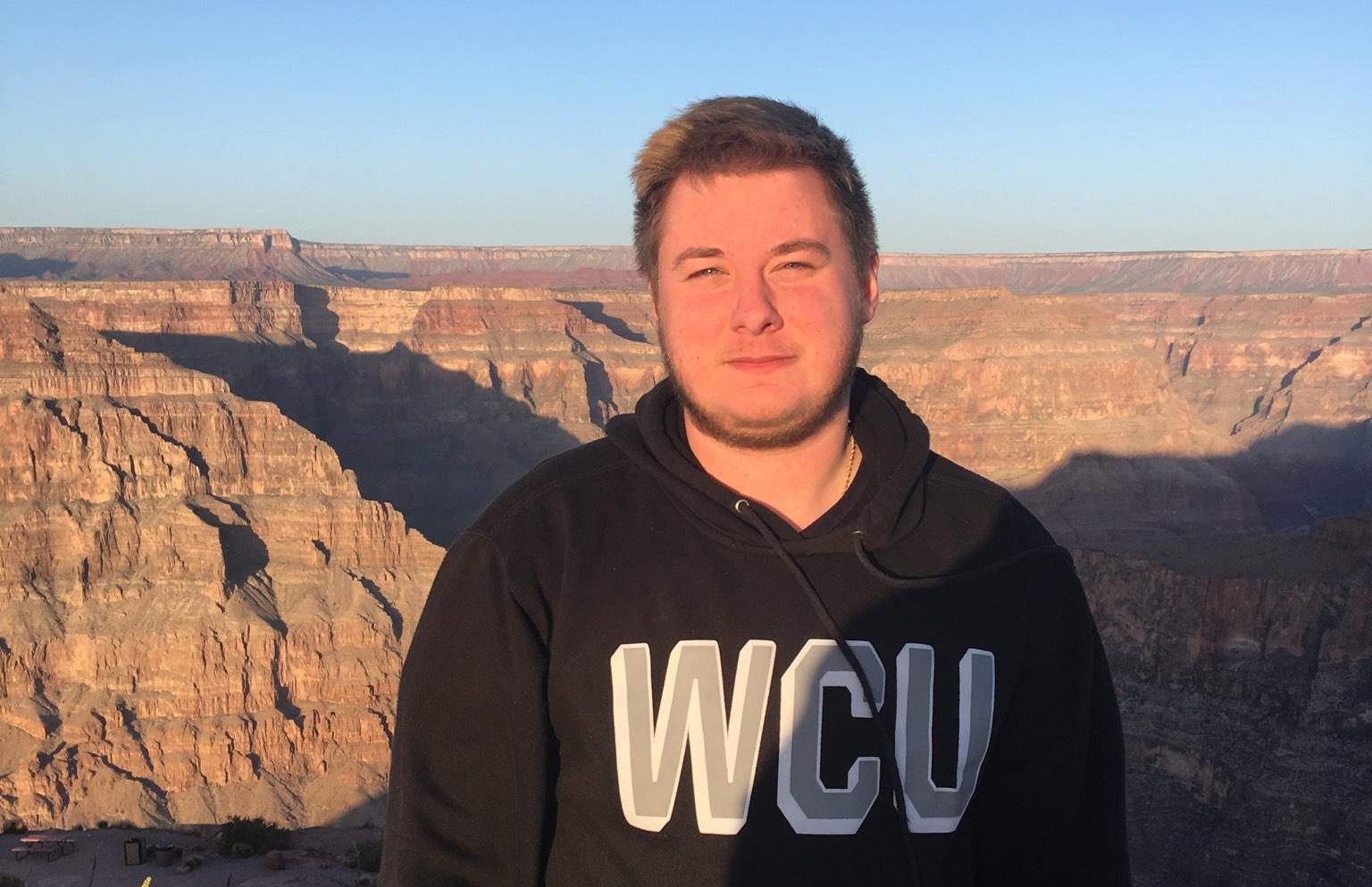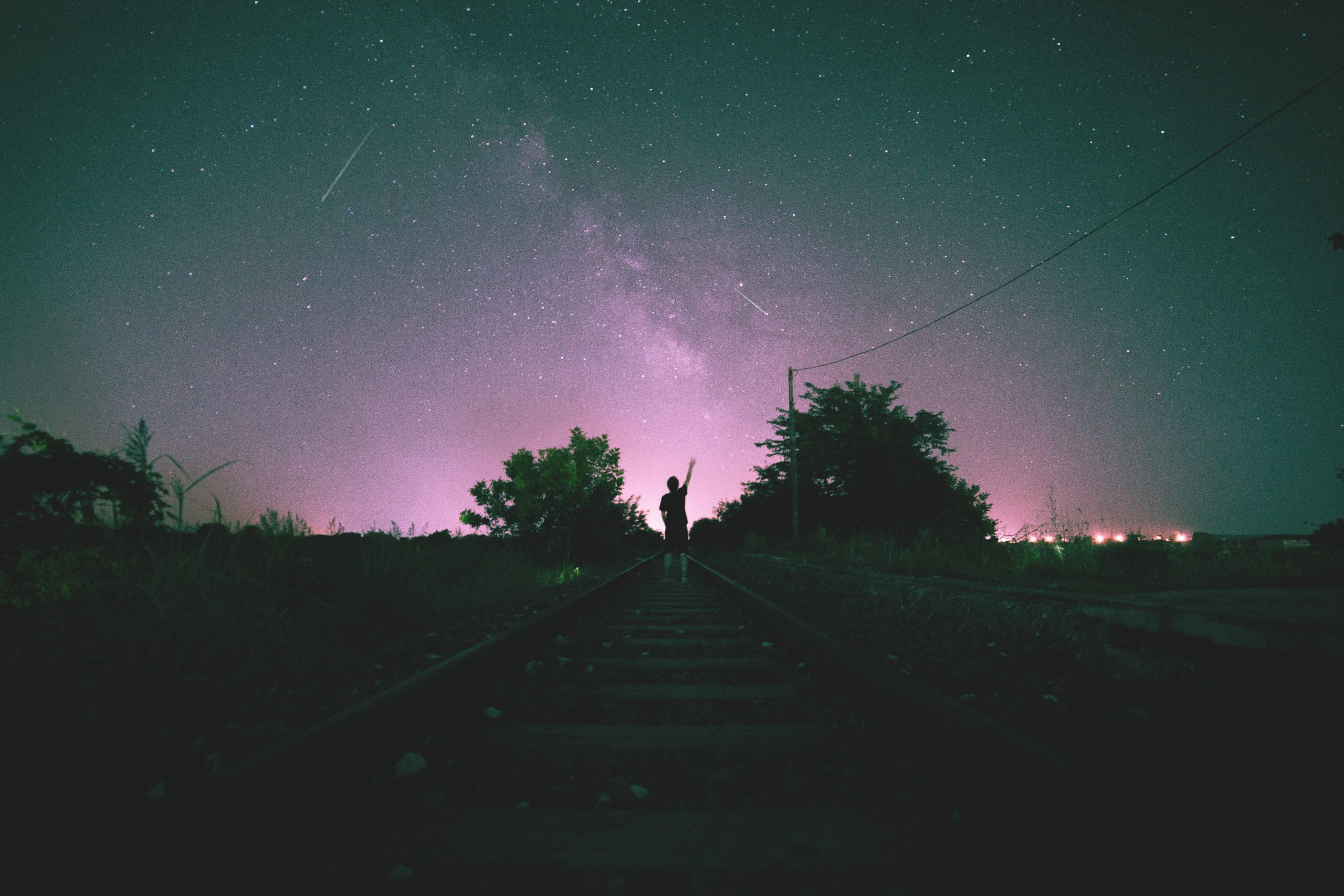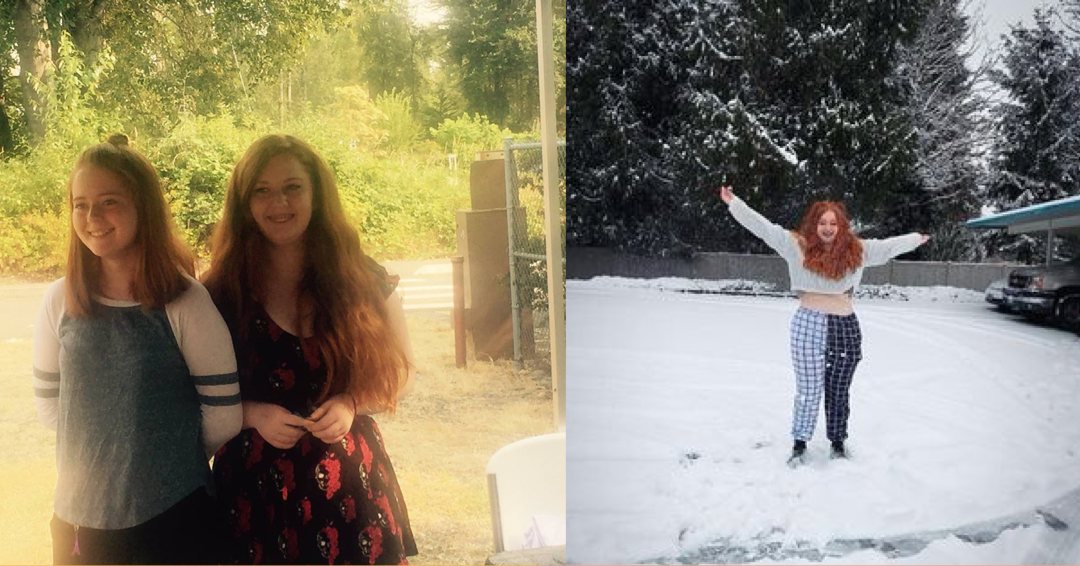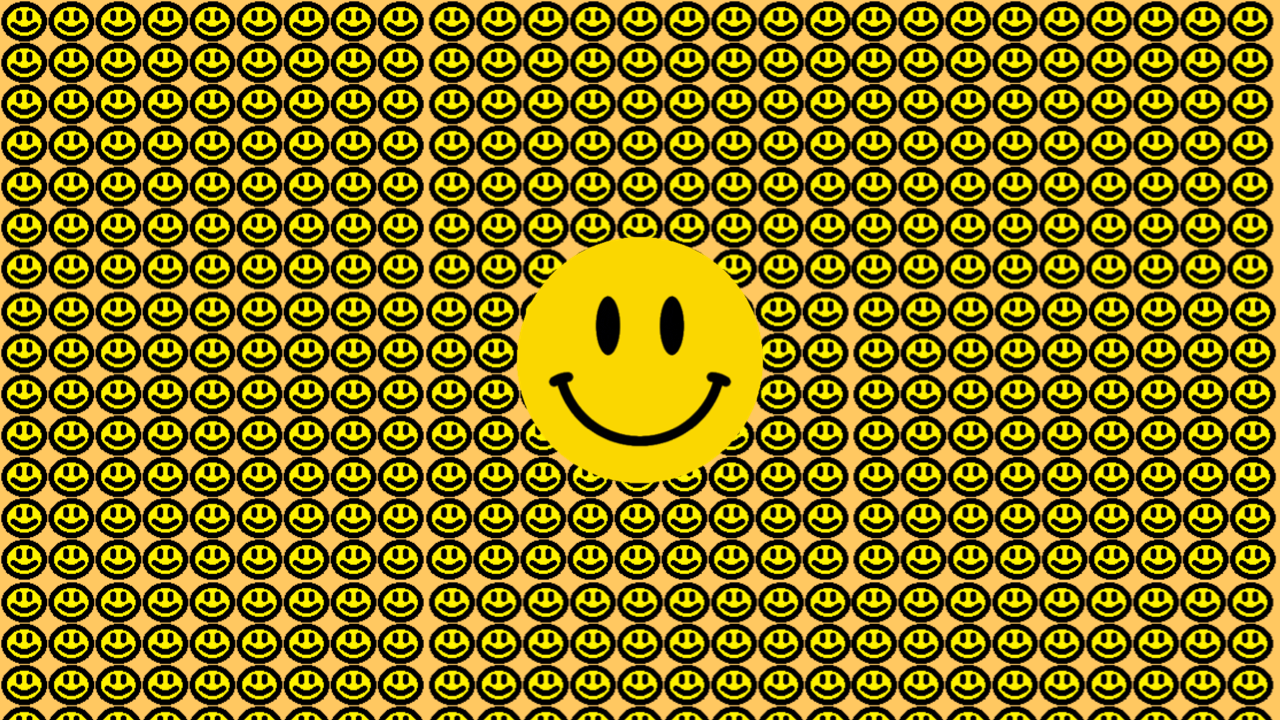We are currently living in the age of mental health. Topics that used to be considered taboo and inappropriate are becoming mainstream with open discussions about mental health becoming increasingly common. This cultural shift is due in no small part to Child Mind Institute. Child Mind Institute is an “ independent, national nonprofit dedicated to transforming the lives of children and families struggling with mental health and learning disorders.” Child Mind Institute is one of the biggest and most holistic resources for mental health care in the country, and the recent appointment of Oscar award-winning actress Emma Stone to their board of directors has only increased their momentum. One of their youth initiatives, Project UROK, is attempting to break down the stigma surrounding mental health and help connect those in need with the help they deserve.
Originally founded by TV writer and producer Jenny Jaffe, Project UROK found a home with the Child Mind Institute in fall of 2016, and has been growing ever since. Project UROK’s YouTube channel has now amassed over one million total views, while its online community has grown in the tens of thousands. Rachael Esman, manager of family and youth initiatives at Child Mind Institute, has been heavily involved with the growth of Project UROK.
“Project UROK’s mission is to end the stigma and isolation surrounding mental health disorders,” Rachael said. “We do this in two ways: Distributing resources and sharing stories to empower and encourage those who are struggling with mental health, and building our online community to bring support to those who need it.”
Simply put, Project UROK is able to share stories of mental health struggles in the form of daily social media posts that can provide comfort to others, and if more help is needed, redirect to resources such as the expert care that the Child Mind Institute provides.
Part of what makes Project UROK so unique is its teen board. This board is made up of teenagers and young adults who share their stories of mental health and are involved in many of the decisions for the initiative. Bella Hatkoff, a freshman at Kenyon College and former patient at the Child Mind Institute, first got involved when the institute reached out to her to ask if she wanted to be on the board.
“We do everything from giving feedback on ideas and participating in social media videos, to organizing an annual comedy show in New York,” said Bella, who participated in the comedy show herself.
Jonah Feldman, a first year at Bates College in Maine and fellow member of the teen board, helped to introduce guests at the comedy show this past year. Jonah has been working with Child Mind Institute for two years now and has helped the teen board during their meetups to discuss potential logos for the project, different approaches to getting their message across to teens and young people, and much more.
“Project UROK’s main goal is to break the stigma surrounding mental health,” Jonah said. “Once they have an understanding of the basics, the Child Mind Institute has the resources beyond there.”
While Project UROK is more focused on breaking down the stigma around mental health, the Child Mind Institute provides expert resources to children and adults alike. With five different clinical centers dedicated to conditions such as ADHD, anxiety, mood disorders, learning disabilities, and much more, the institute has staff working in mental health that are unparalleled in their expertise. Dr. Alexandra Hamlet, a clinical psychologist for Child Mind Institute, works in the Mood Disorder Center, treating children with depression, bipolar disorder, substance or eating disorders, and trauma.
“Across the country, there’s a lack of people to treat young kids with these disorders – that’s what the Institute is trying to help change,” Dr. Hamlet said.
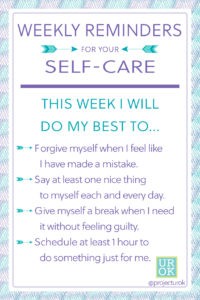
While the Child Mind Institute is based in New York, they know the issue of mental health care stretches far beyond the borders of their state – that’s why they’re starting to go digital, scaling up their resources to reach kids across the country. At this point, Child Mind’s website has become a holistic resource for mental health, and it’s being used as a resource for those who need to manage trauma, suicide, and other mental health conditions.
With mental health diagnoses on the rise, resources like the Child Mind Institute’s are becoming ever more important, as well as messages like that of Project UROK. Mental health can affect anyone, and it’s extremely important to recognize this and dispel the stigma around receiving treatment for these conditions.
“Mental Health is a silent beast,” Bella of Project UROK’s teen board said. “And it does not discriminate.”
For more information about the Child Mind Institute, check out their website here.
And don’t forget to check out Project UROK here!




